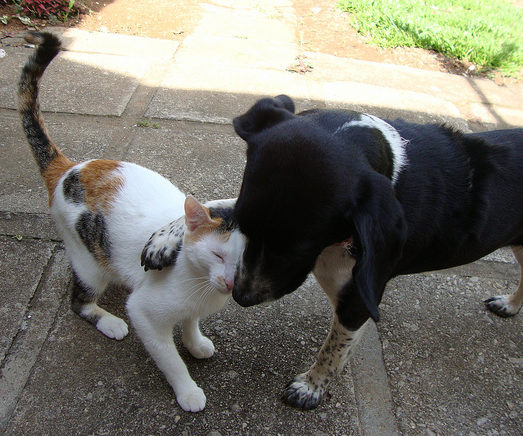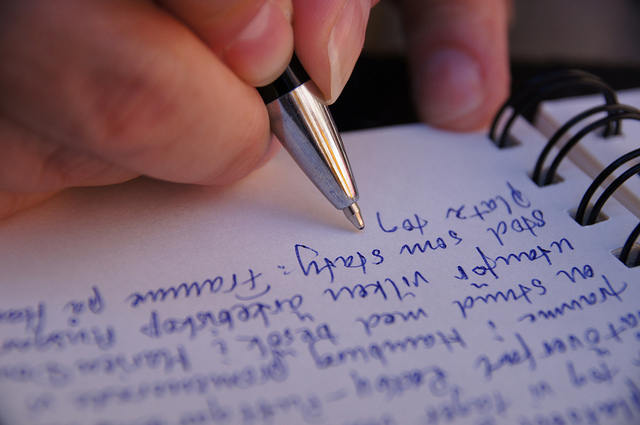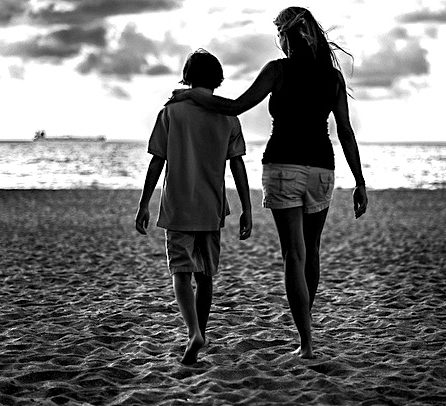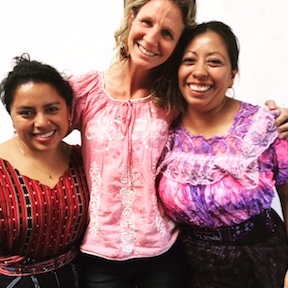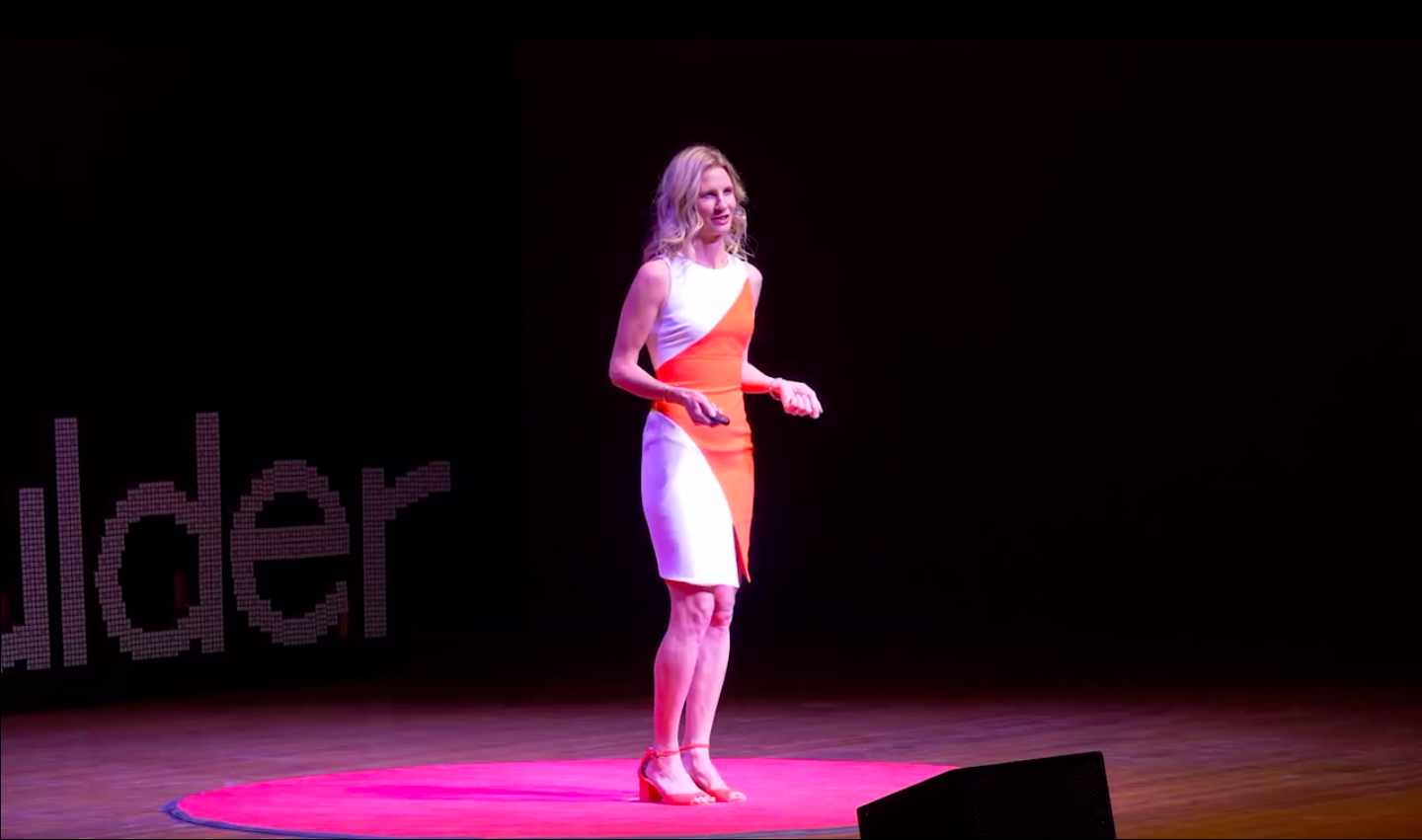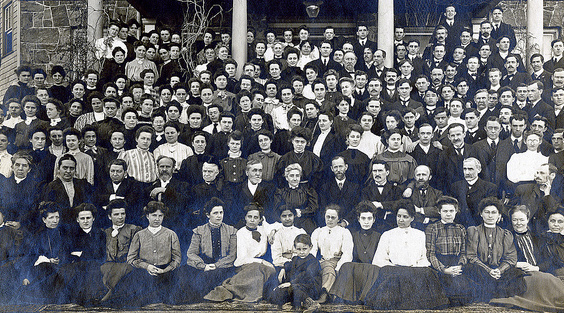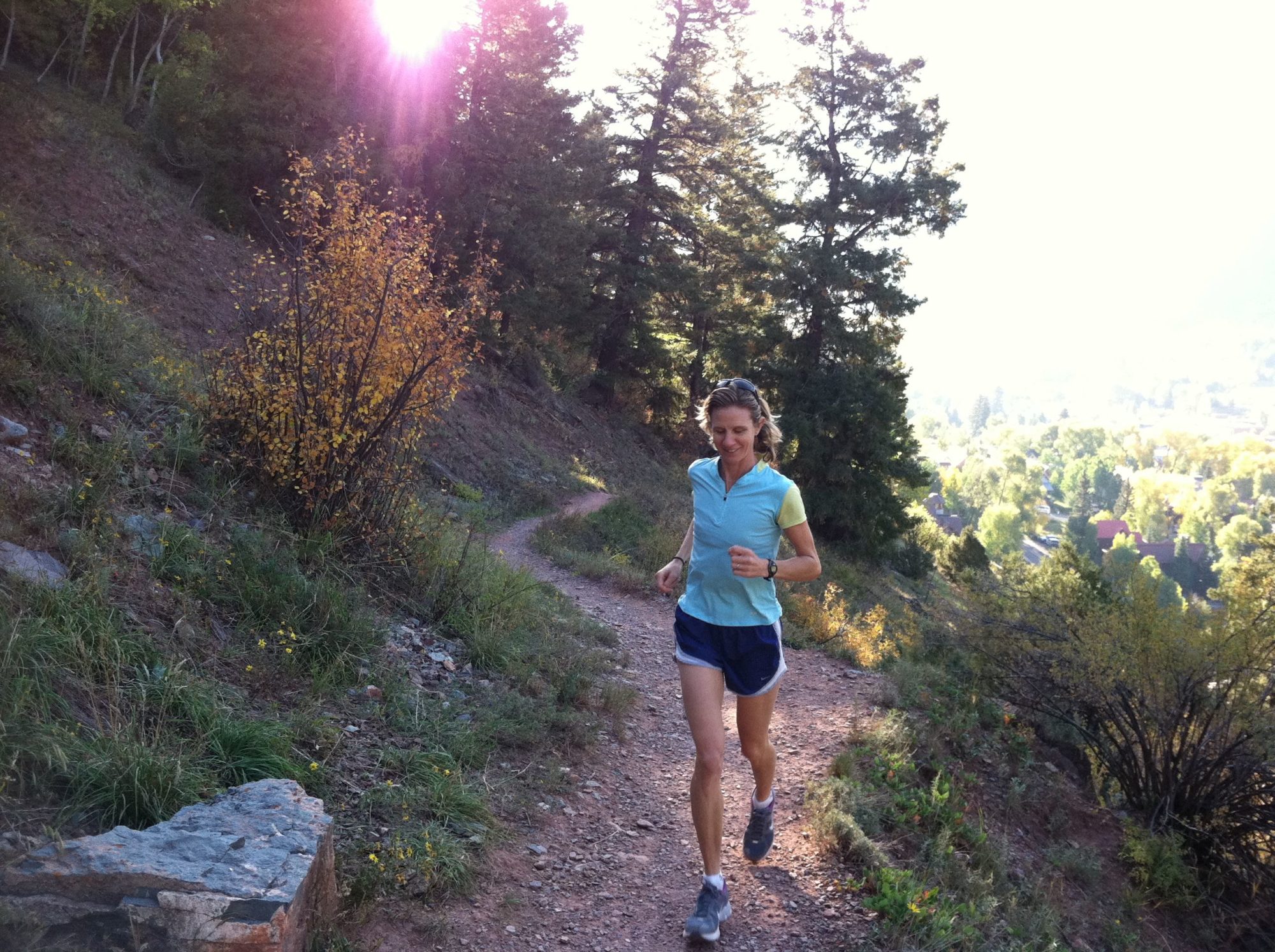I need to be at two recitals and a holiday event right now. I have stress about time, money, and not having enough of either. I am driving too fast to one of the recitals, trying to “win” a traffic jam by changing lanes a lot.
My holiday spirit can quickly spiral into holiday stress. The world tells us to do it all, buy it all, and be it all for everyone. We want to create lasting, magical memories for our families, and we want to spread gratitude and light in our neighborhoods. But life often interrupts my idea of a perfect holiday. This morning, for example, we had a carbon monoxide scare, discovered that we needed a new furnace, and found lice on one of our children’s heads. Then there were all those holiday events on the same night.
That’s when my car starts talking to me. It had done this before. It beeps when roads are icy, or when someone is in my blind spot (we had to buy this car after I couldn’t turn my head as well from my neck fusion). But never before has it sounded an alarm and said in big letters on the dash: TAKE A BREAK.
Even my car knows that my stress is not normal; it is dangerous. I wait for the message to go away to keep “winning” the traffic jam. Instead, an image of a steaming cup of tea appears, a new alarm sounds, and those words flash again: TAKE A BREAK.
I get off at the next exit. I call my child and apologize for not making the recital. She says, “Don’t worry! There will be more!” Then I drive home, slowly, on a back road, and think about what is in my control to change. Here is what I’m learning about the least expensive ways to manage stress, and how stress affects our brain, and health.
The next morning I drag my tired bones to yoga. Of course, my teacher, Sukhraj, is talking about stress. She insists that the best way to deal with stress is to hug it out. She quotes the respected family therapist, Virginia Satir, “We need four hugs a day to survive, eight hugs to keep us as we are, and 12 hugs to grow.”
I think, Please don’t make me hug someone now. I’m here at yoga because I want to move my body, not touch other people’s bodies. I close my eyes and act as though I am too busy breathing to engage with others.
Sukhraj persists, “The average hug is 3 seconds. But to make changes happen in your brain and nervous system, we need to hug for 20 seconds. ”
Thankfully, she does not force us to hug each other in class. I go home and check her science. She’s right. When someone hugs us, important changes take place immediately in the brain. There is an increase of dopamine and oxytocin, sometimes called “love’s hormones,” and a notable decrease of cortisol “the stress hormone.” There are abundant studies that say that 20-second hugs can lower heart rates, blood pressure, and activate the parasympathetic nervous system, which acts as a kind of brake when we are under stress.
The next day, when I ask our son and daughter for 20-second hugs, they ask if they can eat something first. “It’s not a hike, just a hug!” I protest. After a few of these, they are used to it. Now they meet me in the kitchen, open-armed.
When my husband tries to squirm out of my hug to go to work, I say, “I know. You hate hugs.” He says, “Nah, I don’t totally hate hugs.” When I tell him about needing “12 hugs a day to grow,” he says, “I don’t think I’m going to grow much at this point.” He lets me give him a 20-second hug anyway, as often as I can.
What if you live alone? Some studies show hugging pets has the same effects on the brain, and holding hands (as in taking up ballroom dancing 😉 reduces stress levels substantially.
Hugs just may be the least expensive way to manage stress.
I want to add one more way to manage stress. Getting outside in nature is the quickest way to boost my mood and lift me out of a depressed state.
When my car demanded me to “Take a Break,” I finally listened. I pulled over. What I didn’t tell you is that I sat on a rock under a pine tree for a few minutes. I listened to the chickadees call to one another. I watched the sun turn the clouds yellow, then orange, then red, in a glorious light show. It only took a moment to come back to myself, and to feel connected to what matters. And when I stood up to go, I am not embarrassed to tell you that I hugged that tree and whispered, “Thank you.”
Love,
Susie
image credit: Janaina de Oliveira, Flick’r
***
HOLIDAY COACHING SPECIAL: Sign up before December 31st, 2018 for a series of 4 or more coaching sessions (that can be used in 2019) and receive 50% off. Save up to $800! This is a short-term special. On January 1st, 2019, prices will return to normal.

